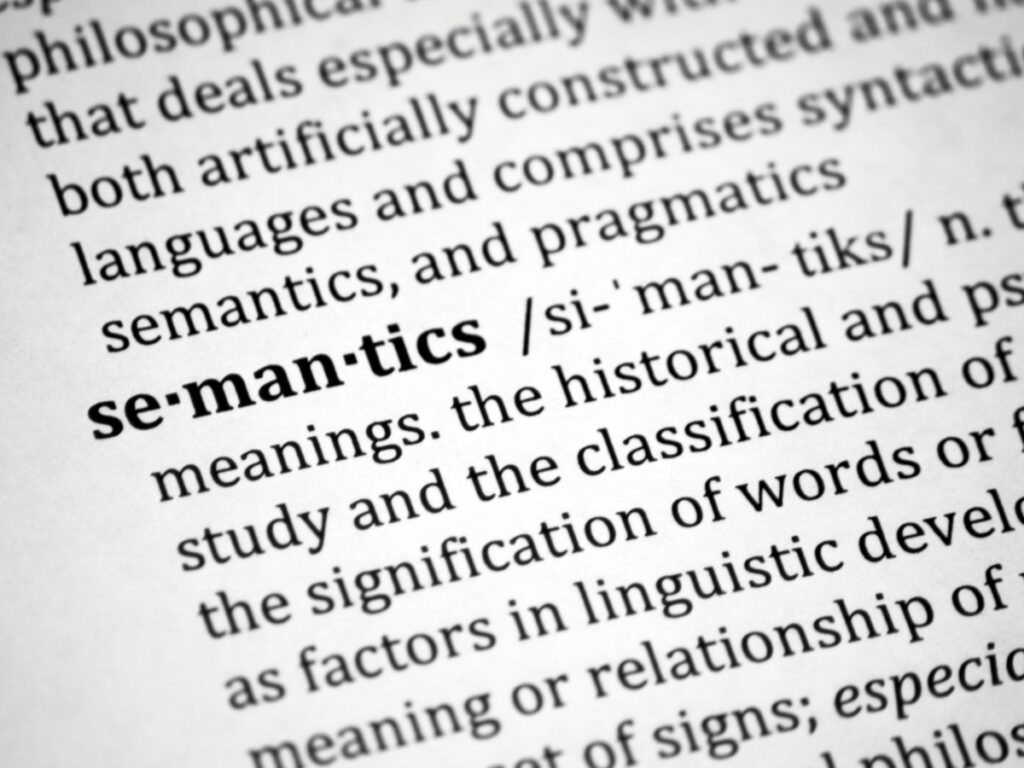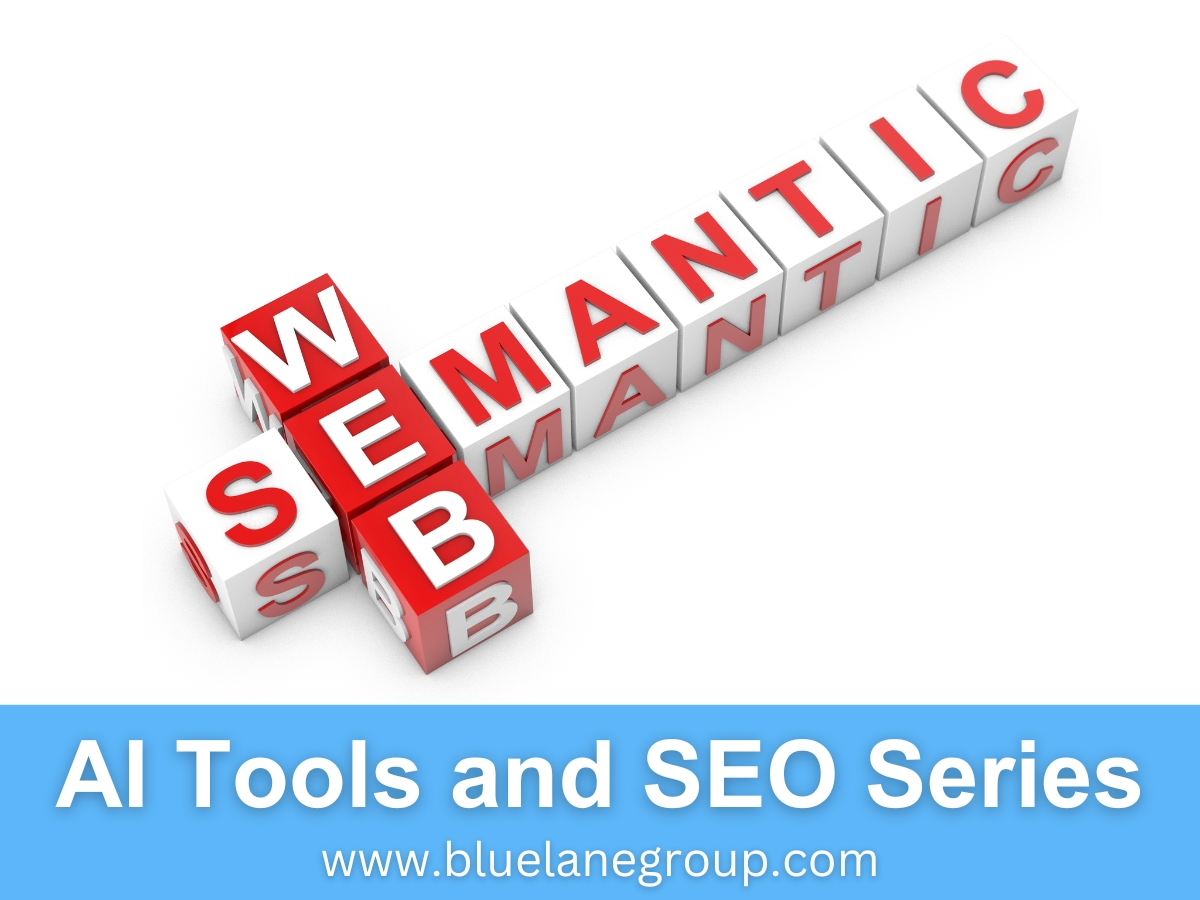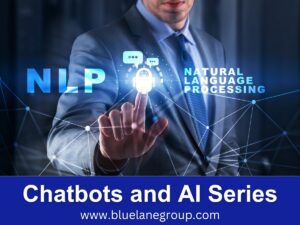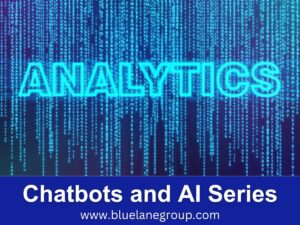Introduction: AI Semantic Search Changing the SEO Landscape
In this in-depth article, we explore the role of AI semantic search in shaping modern SEO practices. We’ll dissect its innovative algorithms, practical applications, and why it’s an essential tool for achieving SEO success in today’s digital landscape.
Quick Recap – For the Time-Conscious Reader
- AI semantic search is revolutionizing how we approach SEO by understanding the context and intent behind user queries. Not only does it make search engines more intelligent, but it also provides a more personalized experience for the user. By embracing AI semantic search, you can optimize your SEO strategies and enjoy a higher ranking on search engines, thus positioning your brand for ultimate success.
- Keeping abreast of trends like AI semantic search becomes vital as the digital ecosystem evolves. This technology is not just another optional SEO tool; it’s rapidly becoming an industry standard. By incorporating AI semantic search into your SEO toolbox, you’re taking a big step towards optimizing your online presence and outperforming your competitors.
Welcome to the seventeenth article in the Blue Lane Group series on AI Tools and SEO: Building Tomorrow’s Search Strategies Today. This series examines how artificial intelligence is reshaping the field of search engine optimization, offering tools and strategies to boost website rankings, improve user engagement, and make content more relevant.

Disclosure: The digital products mentioned in this article are highly regarded in the marketplace and are endorsed by the Blue Lane Group staff. We may earn a commission at no additional cost if you purchase through the provided links.
Table of Contents

The Growing Importance of Semantic Search
Semantic search has become increasingly vital in SEO as it moves beyond simple keyword matching to understand queries’ intent and contextual meaning.
This shift has been accelerated by advancements in artificial intelligence and machine learning algorithms, enabling search engines to deliver more relevant and personalized results. As we transition to voice-activated searches and conversational queries, the importance of semantic search is set to grow even more.
Companies that adopt AI semantic search strategies are now positioning themselves for future success.
Conventional Search vs. AI Semantic Search
Traditional search engine algorithms were built around keyword-based matching, often leading to irrelevant search results.
On the other hand, AI semantic search employs complex algorithms that understand user intent, context, and synonyms, delivering much more precise outcomes. Products like SEMrush and Moz are evolving to offer AI-driven semantic analysis features, making the transition essential for modern SEO strategies.
What Sets AI-Driven Semantic Search Apart
AI-driven semantic search doesn’t just look at keywords but evaluates the entire context surrounding those keywords. By leveraging machine learning models, it can understand sentiment, recognize patterns, and predict user behavior.
MarketMuse and Clearscope are tools that help understand semantic relations between words, thereby assisting in content optimization. This makes your SEO efforts far more effective in terms of both rankings and user engagement.

How AI Semantic Search Works
AI semantic search utilizes machine learning algorithms and natural language processing to analyze the vast data points surrounding a search query. Whether it’s related terms, the sentiment behind a statement, or the user’s search history, AI considers all these factors to deliver the most relevant results.
Ahrefs and Google’s NLP API are two examples of tools that can analyze web content and optimize it for semantic search, providing actionable insights for SEO specialists.
The Algorithms Behind Semantic Search
Semantic search algorithms are a step ahead of traditional keyword-based algorithms because they incorporate complex mathematical models and machine learning to understand the meaning, context, and intent behind a search query.
The algorithm analyzes the relationship between words, synonyms, and even the structure of sentences to provide more accurate search results. Google’s BERT algorithm and IBM’s Watson are examples of technologies pioneering these complex semantic search algorithms, offering unprecedented accuracy and relevance in search results.

Key Features of AI-Driven Semantic Search Tools
When looking at AI-driven semantic search tools, certain vital features set them apart from conventional SEO tools. Features such as sentiment analysis, contextual understanding, and intent prediction are crucial.
Tools like SEMrush, Clearscope, and MarketMuse offer these advanced features, allowing SEO professionals to fine-tune their strategies based on more profound insights into user behavior and search patterns. User-friendly dashboards and real-time analytics are other essential features to look for in these cutting-edge tools.
Understanding User Intent in Semantic Search
In a fast-paced digital world, the ability of a search algorithm to adapt in real time is crucial. AI-driven semantic search tools are designed to learn and adjust as they process new data, continually refining their algorithms for more accurate search results.
Ahrefs and Google’s NLP API are examples that provide real-time semantic analysis, allowing SEO experts to adapt their strategies instantaneously based on new insights.
Real-time Adaptations in Semantic Search
The real-time capabilities of AI-driven semantic search tools are a game-changer for SEO professionals. Traditional search algorithms often lag in updating their indices, but AI-powered tools like Ahrefs and Google’s NLP API provide immediate updates.
These real-time adaptations allow for dynamic adjustments in SEO strategy, enabling businesses to capitalize on trending topics or sudden shifts in consumer interest. Furthermore, real-time analytics dashboards in these advanced tools provide actionable insights as they happen, letting you tweak your campaign parameters on the fly.
Real-time features in AI semantic search tools make SEO efforts more agile, responsive, and effective in an ever-changing digital landscape.

Case Studies: The Impact of AI Semantic Search
Many organizations have noticed a positive impact after implementing AI semantic search into their SEO strategies. E-commerce, healthcare, and news companies have significantly improved search rankings and user engagement.
Tools like SEMrush and Moz have published case studies that illustrate the effectiveness of AI semantic search in increasing ROI and reducing bounce rates. Incorporating AI has paved the way for more intelligent, relevant, and personalized search results that benefit businesses and consumers.
Enhancing User Experience Through Semantic Search
The ultimate aim of any search tool is to enhance the user experience, and AI-driven semantic search excels in this aspect. These advanced search tools deliver highly personalized and relevant results by understanding the user intent and context.
Features like sentiment analysis and predictive analytics, offered by Clearscope and MarketMuse, make the search experience more intuitive. As a result, websites that leverage AI semantic search often see increased user satisfaction, longer dwell times, and higher engagement, all of which are critical metrics in SEO.
Increasing Organic Traffic with AI Semantic Search
AI semantic search isn’t just about understanding queries; it’s also about driving quality traffic to your website. AI semantic search tools like Serpstat and Google’s BERT can significantly boost organic traffic using machine learning algorithms that understand context and relevance.
A well-optimized site using semantic search principles can gain better search engine visibility and higher click-through rates. Businesses that have switched to AI-powered semantic search tools have reported substantial growth in organic traffic, often coupled with increased conversions and customer retention.

Challenges in Implementing AI Semantic Search
Implementing AI-driven semantic search comes with its own set of challenges. One of the most common issues businesses face is the steep learning curve of mastering these tools.
Products like Clearscope and Moz offer advanced features that may be overwhelming for those new to the SEO landscape. Additionally, acquiring and maintaining these state-of-the-art tools can be prohibitive for small businesses.
Compatibility issues can also arise when integrating these tools with existing SEO or content management systems. Despite the challenges, the benefits of AI in semantic search generally outweigh the downsides, making it a worthwhile investment for those serious about SEO.
Data Privacy Concerns in AI Semantic Search
Data privacy remains a significant concern when implementing AI in semantic search. These tools collect vast user data to make accurate predictions and provide personalized experiences.
Companies like Google and SEMrush have robust security protocols, but the risks of data breaches and misuse of personal information cannot be eliminated.
It’s essential for businesses to be transparent about their data collection practices and to ensure compliance with data protection regulations like GDPR when using AI semantic search tools.
Scalability Hurdles in Semantic Search
Scaling AI-driven semantic search is another challenge that businesses often encounter. While tools like Ahrefs and Serpstat offer scalable solutions, they require considerable computational power and data storage capacity as you expand your operations.
Costs can escalate quickly as your needs grow, creating budgetary concerns. Additionally, the algorithms behind these tools are continually evolving, necessitating regular updates and possibly requiring you to reevaluate your SEO strategies frequently.

Future Trends in AI-Driven Semantic Search
The future for AI-driven semantic search looks promising, with several emerging trends that will likely shape the landscape. Advances in natural language processing and machine learning algorithms will make these tools even more effective and accurate.
Companies like MarketMuse and Google are already investing heavily in these areas. Additionally, integrating voice search and conversational interfaces into semantic search algorithms is an exciting development.
We can also expect more sophisticated real-time analytics and predictive features, enabling SEO professionals to stay ahead of the curve in an increasingly competitive digital marketplace.
How to Choose the Right AI Semantic Search Tools
In the dynamic world of SEO, semantic search has fundamentally altered the game’s rules. Unlike the keyword-centric models of the past, semantic search seeks to understand the context and nuances behind user queries.
This brings a new layer of complexity but also an opportunity, making the selection of an AI semantic search tool a critical decision for any modern SEO strategy. When considering your options, here are vital factors to keep in mind:
- Comprehensiveness: Opt for a tool deeper than mere keyword analysis, examining the context, intent, and evolving search trends.
- User Interface and Usability: A user-friendly, intuitive dashboard ensures you make the most of all available features.
- Scalability: As your business and web presence grow, you’ll want a tool that can scale with you and is adaptable to small blogs and large e-commerce platforms.
Choosing the right tool can mean staying ahead in the SERP rankings or falling behind, so consider these considerations carefully.

FAQ: Your Top Questions on AI Semantic Search Answered
Welcome to our Frequently Asked Questions section, where we aim to tackle the most common queries about AI in semantic search. As the technology continues to evolve, it is essential to keep up-to-date with its ever-changing landscape, especially in the context of SEO.
Why is AI Integral to Semantic Search?
Artificial Intelligence plays a crucial role in the modern landscape of semantic search. AI’s machine learning capabilities allow semantic search tools to understand context and user intent better than ever before.
Products like Google’s Search Algorithm and SEMrush utilize AI to analyze vast datasets rapidly and offer predictive search results that are incredibly accurate. By doing so, they provide a more personalized search experience, increasing both user satisfaction and engagement.
With the help of AI, semantic search has transcended from merely matching keywords to understanding the nuances of human language and behavior.

What Makes AI-Driven Semantic Search Unique?
What sets AI-driven semantic search apart is its capability to provide more relevant and accurate search results by understanding the context and the user’s intent.
Unlike traditional search algorithms, which primarily rely on matching keywords, AI-driven tools like Ahrefs and Clearscope consider the semantic meaning behind the query—this results in more sophisticated search outcomes, better user experience, and higher business conversion rates.
The uniqueness of AI in semantic search lies in its ability to evolve and adapt, learning from user interactions to refine and improve search results continually.
How Does AI Address Privacy in Semantic Search?
Data privacy is a growing concern in the digital age, and AI-driven semantic search tools are no exception. Companies like BrightEdge and SEMrush integrate robust security measures to protect user data while offering personalized search experiences.
AI algorithms can anonymize and aggregate search data to respect user privacy while drawing valuable insights for search optimization. Encryption and secure data storage are also often in place. Additionally, the transparency of data usage is becoming a standard feature, allowing users to understand how their data is being utilized.

Conclusion: The Revolutionary Role of AI in Semantic Search
As we’ve seen, AI is more than just a buzzword in semantic search; it’s a transformative technology revolutionizing how we interact with search engines and digital platforms.
With the aid of AI, search engines now understand context, adapt in real-time, and even predict user intent, offering a seamless and efficient user experience. We can expect more nuanced and personalized search results as AI technology advances, with improved scalability and data privacy measures.
Indeed, AI in semantic search isn’t just the future—it’s already shaping the present profoundly.

You Might Also Like:
If you enjoyed this article and received value from it, check out the other Blue Lane Group articles in the AI Tools and SEO: Building Tomorrow’s Search Strategies Today series:
- Uncover Hidden Opportunities: AI in User Behavior Analytics Tools
- Elevate Your Strategy: The Importance of SEO Optimization
- The Role of AI in SERP Analysis: A Revolutionary Approach
- Transform User Experience: Content Personalization with AI
- Boost Your Site’s Performance: AI in Technical SEO Audits
- Outsmart Your Rivals: AI in Competitive SEO Analysis
- Transform Your Content Strategy: AI-Driven Content Generation Revealed
- AI Link Building: The Secret to Unbeatable SEO
- Breakthrough Technology: Using AI for Image and Video SEO
- Drive More Traffic: Leveraging AI SEO Mobile Strategy
- Drive Engagement: How Sentiment AI Analysis for SEO Works
- Maximize ROI: Using an AI-Driven SEO Dashboard and Reporting Effectively
- Thrive Locally: AI Local SEO Tools You Can’t Ignore
- Ignite Sales: Utilizing AI for PPC Campaigns Strategies
- Amplify Your Reach: The Best Influencer Tools Powered by AI
- Elevate Rankings: AI in Social Media and SEO Strategies
- Optimize Success: Understanding AI Semantic Search for SEO
- Unleash the Power: AI and SEO Strategies Using Machine Learning
- Optimize Conversions: AI and Search Intent Tactics





